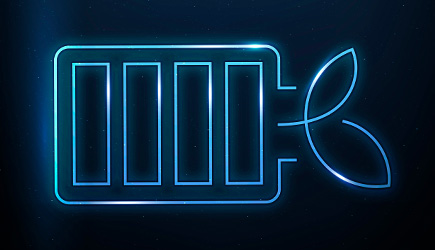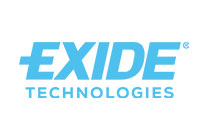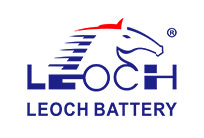
The calcium-air battery: a sustainable alternative to lithium-ion batteries?
Lithium-ion batteries offer enormous advantages thanks to their high energy density and long service life and are therefore widely used worldwide. However, they are repeatedly criticized, particularly due to the scarcity of raw materials, which are difficult to recycle. The search for alternatives is therefore omnipresent. Researchers from China are now working on promising calcium-air batteries.
Lithium-ion batteries are currently the standard. They have a very high energy density that delivers outstanding performance even in a compact design and have a long service life. However, the disadvantages of the material used require alternatives, as not only is the extraction of the raw materials costly, but disposal is also complicated. The search for alternatives has therefore long been underway, and the advanced development of resource-saving sodium-ion batteries is just one example of this.
Calcium as an alternative
Another alternative to lithium is calcium. It is around 2,500 times more common and is found in large parts of the world. Calcium can also keep up in terms of storage capacity, but the only problem so far has been the temperature, as the batteries only worked at over 75 degrees Celsius and were not stable at room temperature and could only be recharged a few times. Now, for the first time, researchers at Fudan University in Shanghai have presented a calcium-air battery that also performs at room temperature.
The basis of the new calcium-air battery is a special liquid electrolyte developed by the research team, as well as a clever battery design. Here, the space between the electrodes is filled with the electrolyte based on an ionic liquid and the salt Ca(TFSI)₂. Thanks to this special electrolyte, the charging and discharging process now also works reliably at room temperature: more than 700 charging cycles have been achieved. This corresponds to a high capacity of 500 milliampere hours per gram - around 50 percent more than lithium-ion batteries.
Research and outlook
Despite enormous success, the project is still in the development phase. Around 1,500 trouble-free charging cycles would be necessary to make it ready for series production. Nevertheless, teams are researching the further development of this promising alternative not only in China, but also in Germany, for example at the Karlsruhe Institute of Technology (KIT), where a calcium-sulphur battery has already achieved many charging cycles at room temperature.
If the research leads to series production in the near future, not only would a more environmentally friendly alternative to the conventional lithium-ion battery be found. The wide availability of calcium would also make the battery a more cost-effective option and thus enable a stable supply chain.
Sources: t3n.de, Christian Bernhard, 21.02.2024
weltderphysik.de, Jan Oliver Löfken, 07.02.2024
Image: rawpixel.com on Freepik













